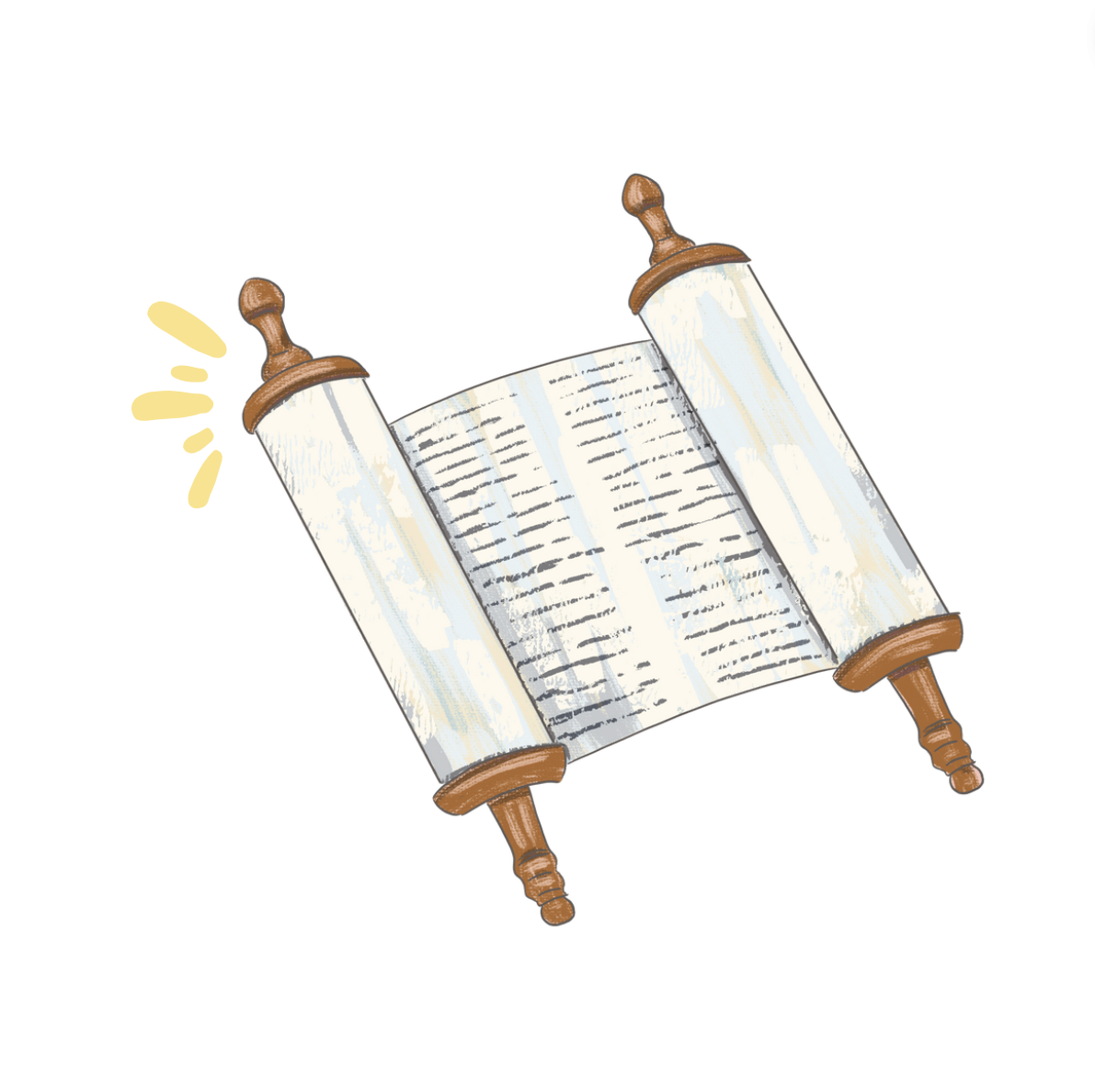Weddings involve an interesting dichotomy:
On the one hand, a wedding is all about the people who are getting married. Through their love and their commitment, the couple chooses the other as their beloved partner. Jewish tradition claims that the love between spouses is unique, set aside just for them since the days of Creation, in the Garden of Eden.
On the other hand, a wedding takes place in the context of a larger community. In the secular sphere, a wedding changes the status of a couple in the eyes of the State. Our institutions relate to the couple in a new way, and they can now legally share more aspects of their lives, like a surname. In the Jewish context, the purpose of a wedding is to establish a bayit ne’eman b’Yisrael, a faithful household within the community of Israel. As much as the wedding is about the two individuals, it is also about the couple’s role in the story of the Jewish people, who, throughout history, kept our traditions alive in the homes that they built together.
All Jewish wedding rituals beautifully capture the truth in both of these statements, yet there is no better example than the Sheva Brachot, or Seven Blessings, that are recited during the ceremony:
- Blessed are You, Eternal our God, Source of Life, who creates the fruit of the vine.
- Blessed are You, Eternal our God, Source of Life, whose glory is revealed in all creation.
- Blessed are You, Eternal our God, Source of Life, Creator of humanity.
- Blessed are You, Eternal our God, Source of Life, You formed us in Your image, and placed in us the blessing of life’s ongoing renewal. Blessed are You, Eternal our God, Creator of humanity.
- Let Zion rejoice at her children’s happy return. Blessed are You, Adonai: You allow those who have sown in tears to reap in joy.
- May these loving companions rejoice together with the joy You have set aside for them since the days of Creation. Blessed are You, Adonai, who grants joy to this couple.
- We praise You, Eternal our God, Source of Life, Creator of joy and gladness, love and companionship, laughter and song, pleasure and delight, harmony and celebration, peace and friendship. May there forever be heard in the cities of Judah and in the streets of Jerusalem: The voices of joy and gladness, the voices of loving companions joined together in marriage, the voices of celebration and song. Blessed are You, Adonai, who causes this loving couple to rejoice together as one.
Each blessing is beautiful on its own. But taken together, they form a stunning progression, at first capturing the expanse of the universe, and then continuously zooming in to focus on the specific couple standing under the wedding canopy:
- Blessings 2-4 are very broad. They acknowledge God as the Creator of the world, and then of all humanity, implanting a Divine spark within each human being.
- In Blessing 5, we see the first mention of the Jewish people through a reference to Zion.
- Finally, blessings 6-7 are reserved for the couple. Blessing 6 acknowledges that this particular match was ordained by the Divine, and blessing 7 shares copious wishes of joy and happiness for the couple.
During a Jewish wedding ceremony, we acknowledge the unique bond of the couple, and we also honor how their love story fits into the larger narrative of the Jewish people and the world at large. Just as these two individuals are brought together under the chuppah, so too are these two concepts, deepening the joy of this special day.

